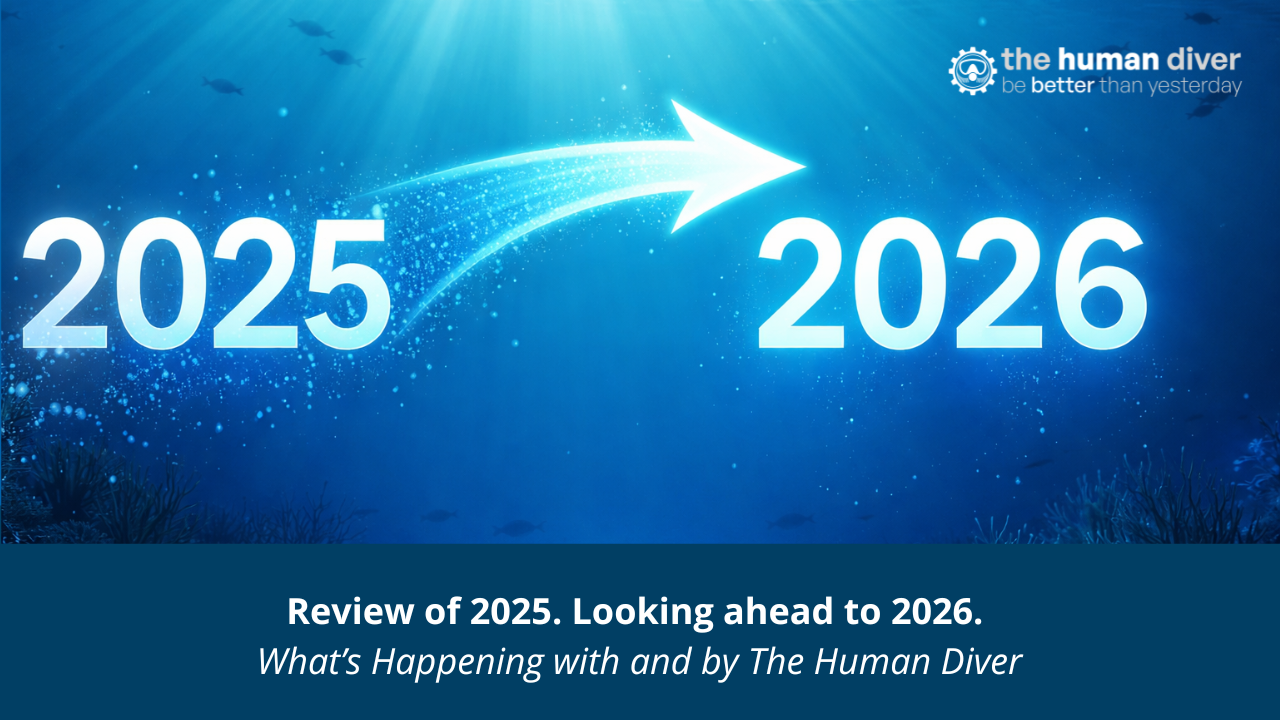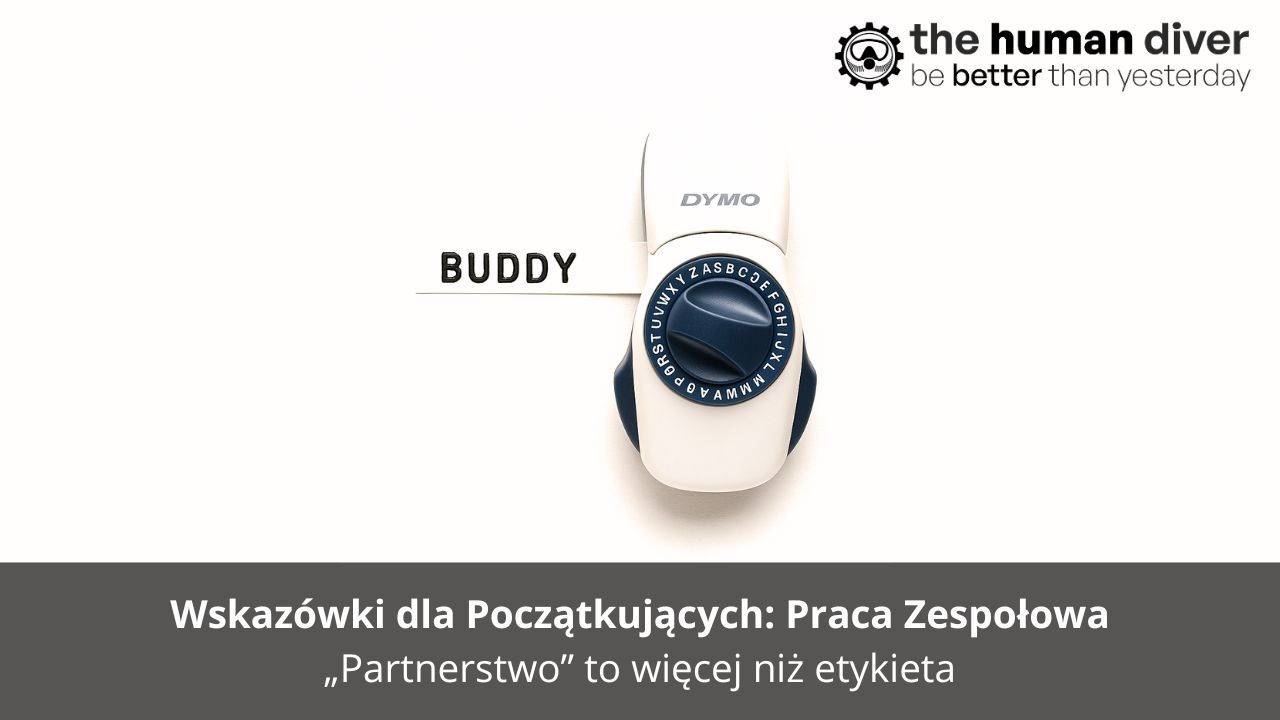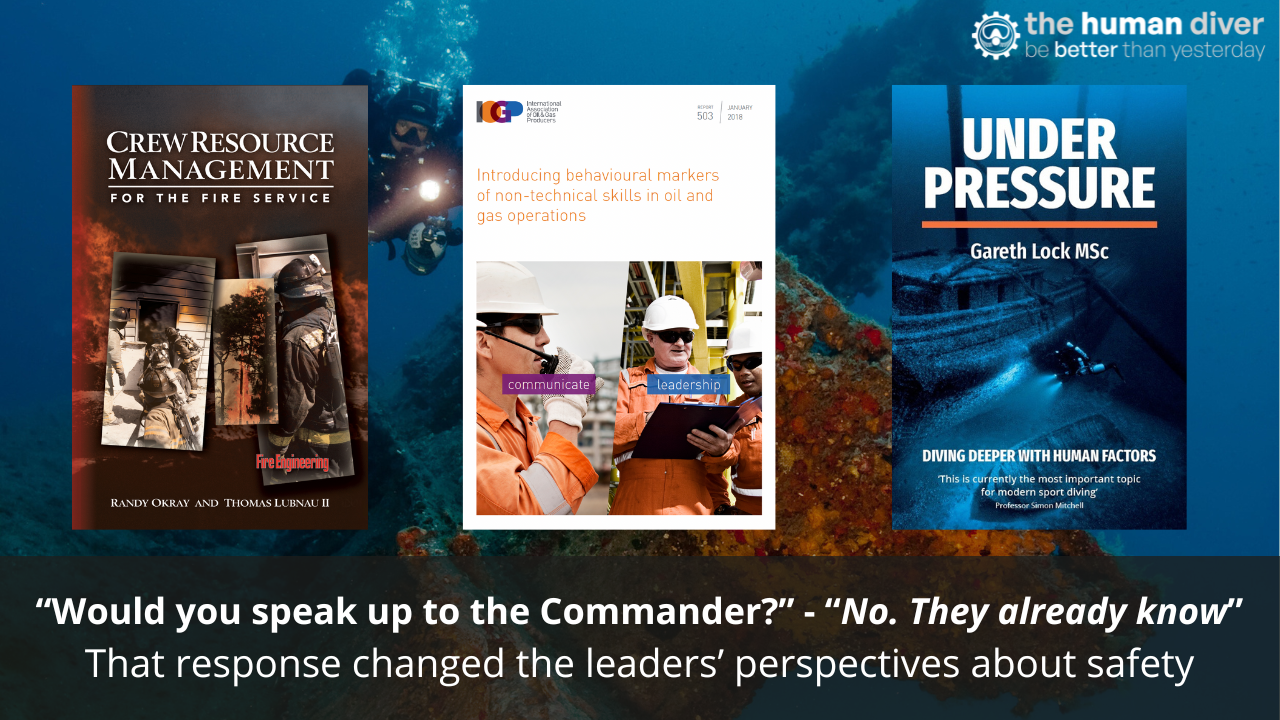
Brrrr- Cold water and the effects on our brain
Aug 30, 2023Last week I looked at the cognitive effects that heat has on us and the potential problems for divers. This week I thought I’d balance it out by looking at cold temperatures.
The effects of cold water on divers is fairly well known. The physiological effects have been studied in detail, especially in relation to decompression sickness. However, the cognitive effects have also been documented but are less well known and worth being aware of, especially if you regularly dive in cold conditions.
One of the unsurprising results of a 1968 study using divers as test subjects was that anecdotally they felt colder in later trials (doing 2 dives a day, with a two hour surface interval). This will be familiar to most divers who are doing repeat dives, as the core temperature will have dropped and may not have recovered fully before the second dive. Aside from the physical effects however, the divers also reported symptoms of de-personalization, “mind-wandering” and difficulty in concentrating. Other studies have delved deeper into this. There are many ways that the cold affects the human brain. The lack of concentration these divers reported is obviously very important to us; even if we dive in order to relax and have fun a degree of concentration is still needed to make sure we’re able to check our gas, times, buddy and environment. From personal experience as a hypothermia victim, I had no awareness of my surrounding or even myself until I found myself being sat inside with warm clothes wrapped around me. But even before hypothermia sets in, awareness is still reduced. Other effects that have been reported are a reduction in short term memory (not great for divers who are trying to remember a plan, hold a mental map of a dive site in their head or even just remember what they saw on the dive) and difficulty problem solving.
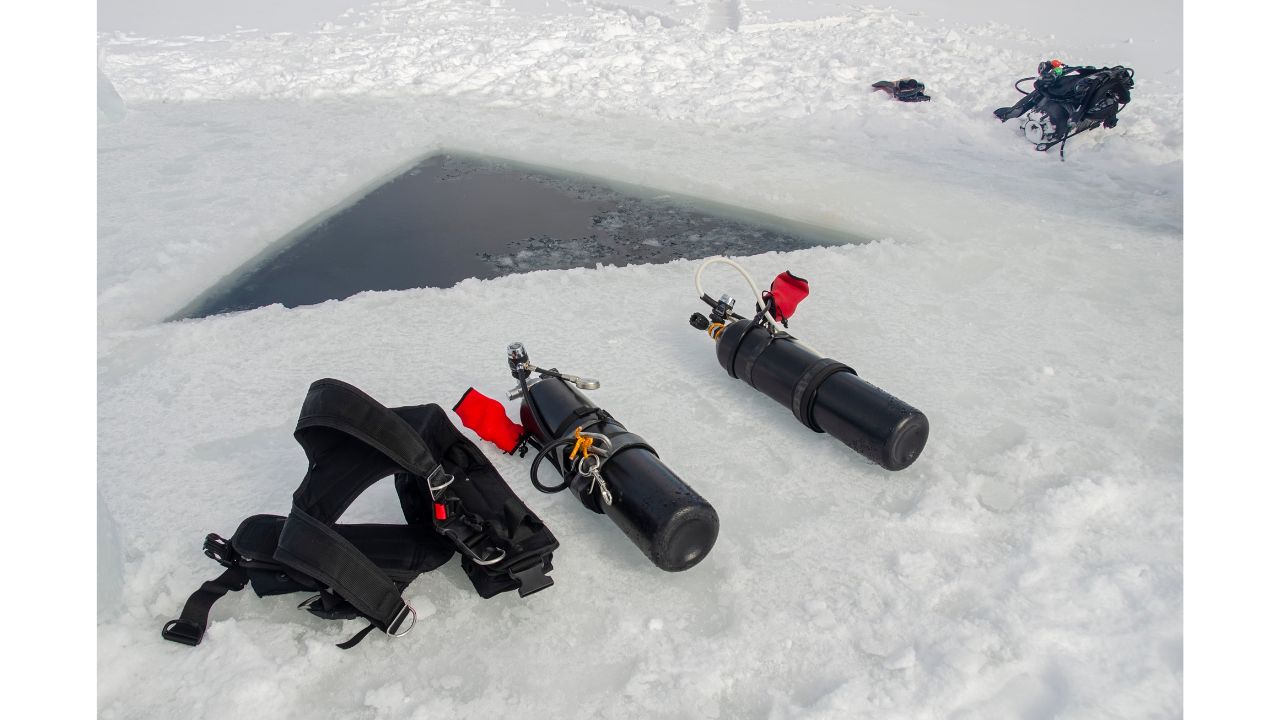
Interestingly, the effects don’t wear off immediately. Some of the divers stated that they experienced minor lapses of memory or concentration for two to three hours after a cold immersion and all of them said they slept for longer than average, sometimes 10 hours or longer. It’s known that we burn far more calories in cold conditions, the body clearly needs more fuel and more rest in order to recover.
Another study from 2019 looked at repeated immersion. In this study they found out that people can acclimatise to cold water and their performance can actually improve. This seems like it’s counter to what we know about feeling colder on subsequent dives, however this is over a longer time period. Much as we can acclimatise to the heat on land, we can also get used to being in cold water. Most divers who live in colder areas are often far more tolerant of even warm water than those who live there. In the Red Sea most holiday divers will be wearing a 5mm full wetsuit in the winter, with resident divers in 7mm semi-dry suits, or even dry suits.
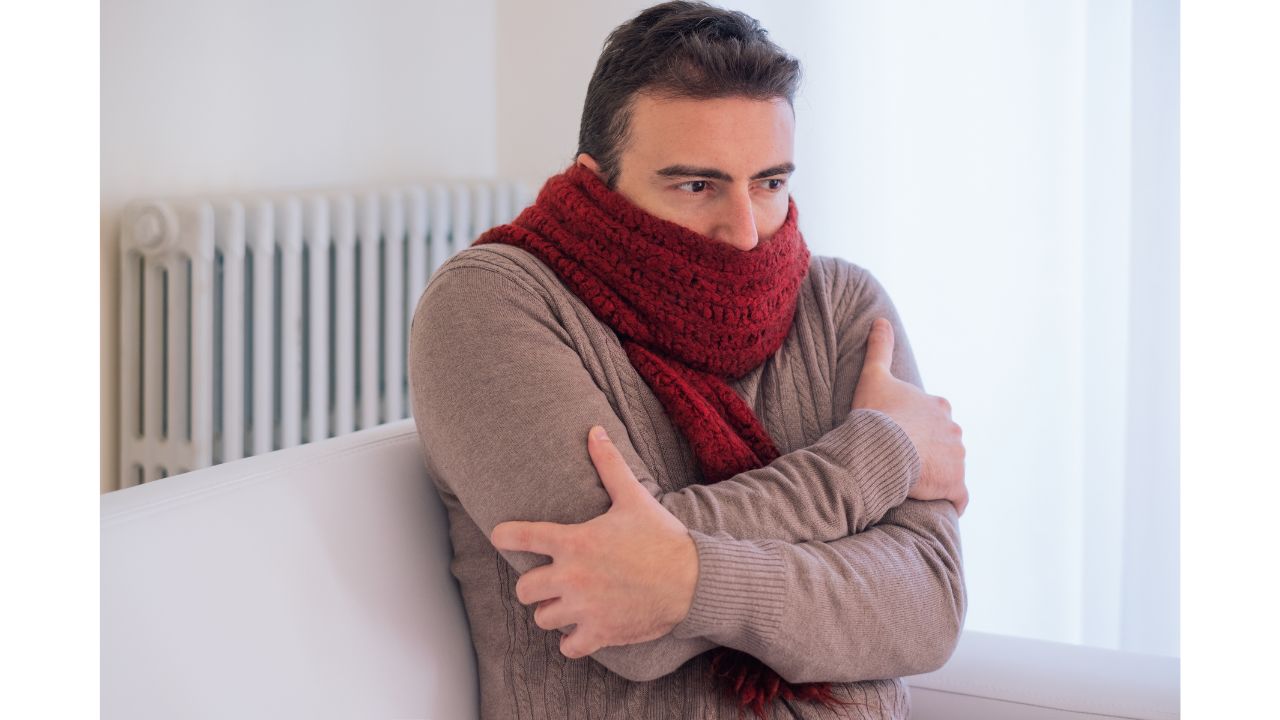
Divers in cold water are also subject to the distraction effect. When we are cold some of our attention is taken away as we naturally will be thinking about the fact that we are cold. This reduces our capacity for dealing with other situations or problems. The best way to increase capacity is by familiarisation; the more we have practised something and can do it correctly easily, the less capacity it takes, so the more room we have for other things that diminish our attention. If we know we are to be diving in cold water and doing tasks that require high attention levels or accurate short-term memory we need to make sure we are sufficiently trained and familiar with the activity so as not to distract from basic tasks such as monitoring gas supply or buoyancy.
So what can we do to mitigate the problem?
The easiest and most obvious solution is to wear appropriate insulation, whether that’s a thicker wetsuit or a drysuit with the right undergarments, maybe even a heated vest if the temperature dictates. Beyond that, limiting the dive times will reduce the lowering of core temperature, as will restricting repetitive dives. All this should be familiar to any open water certified divers. However, it is also worth thinking about the cognitive affects, especially during dives where you are likely to be task loaded, require significant short-term memory skills or are completing a task that needs a higher level of attention. This occurs even on recreational dives if you’re taking photos, navigating a new dive site or teaching others. If repeat dives are needed, even if you feel physically ok it’s worth making an active attempt to warm up in between by drying off, going somewhere warm and eating/drinking warm food or (non-caffienated) drinks. Finally consider the mid term; if you’re diving for a week in colder water than you’re used to bear in mind that you will need more rest and food than you usually do and plan accordingly.

Jenny is a full-time technical diving instructor and safety diver. Prior to diving, she worked in outdoor education for 10 years teaching rock climbing, white water kayaking and canoeing, sailing, skiing, caving and cycling, among other sports. Her interest in team development started with outdoor education, using it as a tool to help people learn more about communication, planning and teamwork.
Since 2009 she has lived in Dahab, Egypt teaching SCUBA diving. She is now a technical instructor trainer for TDI, advanced trimix instructor, advanced mixed gas CCR diver and helitrox CCR instructor.
Jenny has supported a number of deep dives as part of H2O divers dive team and works as a safety diver in the media industry.
If you'd like to deepen your diving experience, consider taking the online introduction course which will change your attitude towards diving because safety is your perception, visit the website.
Want to learn more about this article or have questions? Contact us.

